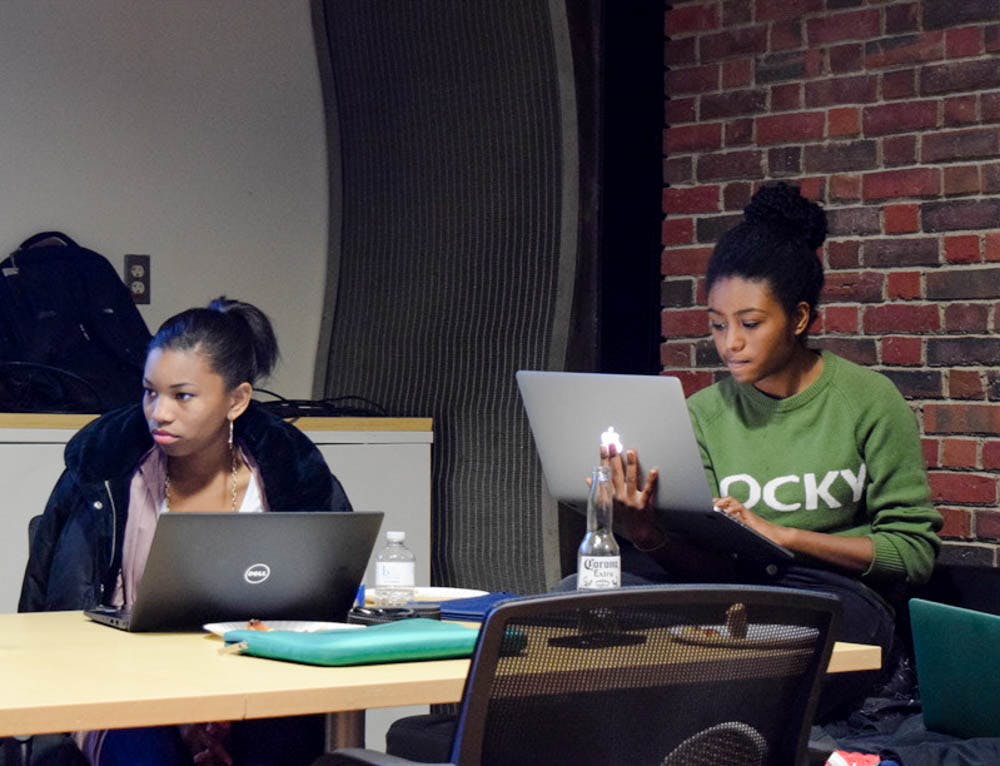In their first meeting of the semester, the Graduate Student Council presented an updated budget that allotted significantly more money toward conference funding and the GSC’s newly-unveiled Graduate Student Strategic Initiative, which will outline the GSC’s long-term goals.
During the meeting, council members outlined the initiative’s purpose and future goals. The GSC deemed the initiative necessary because they “realized in the past that when we brought issues up to the administration, it was easy for them to say, ‘yes we’ll start working on it,’ and then just wait for (the students’ leadership) term to end,” said GSC President Alastair Tulloch GS.
“The whole objective is to have a solid document in place that holds the administration accountable since all of us are only here for a short time,” Tulloch added.
When structuring the initiative, the GSC referenced a similar strategic initiative at Cornell. “One thing Cornell does really well is that they have this five year plan,” which concretely outlines long-term goals for their grad students, Tulloch said. “It basically overcomes the limitations of having really high turnover.”
The GSSI consists of at least eight groups, each with a specific area of focus. During the meeting, attending grad students divided into these groups and began brainstorming key topics to address through the initiative.
One such group, led by Tulloch, convened to discuss the housing issues that University grad students face. Grad students in the group voiced concerns about the oversaturation of the housing market with students, international students’ struggles with biased and abusive landlords as well as the negative ramifications of competing against undergraduates for off-campus housing. They also discussed potential solutions, such as asking the University to partner with a developer to create apartments that would be rented solely to grad students.
The council also presented executive board reports in the meeting, which covered a wide array of issues, including grad student representation within academic departments. Vice President of Advocacy D’Ondre Swails said, “There is no consistency across departments. There is no parity across departments in how, in what ways and to what extent graduate students are represented on committees.”
Ultimately, Swails said, “The expectation is that graduate students will have an actual voice. Ideally, there would be one (grad student) voting member on all of those committees.”
Other reports addressed vacancies in University committees such as “student observers to faculty meetings and members of the university resources committee,” said Chair of Nominations Rebecca Thorsness GS.
Additional reports called for the nomination of commencement speakers and staff members to receive awards from the council. During the open floor portion of the meeting, grad students spoke about a bargaining priority survey to structure their unionization contract with the University.
The GSC also used the meeting to note newly elected members of its executive board.
An earlier version of this article stated that Chair of Technology Majesta Kitts GS said an executive board report addressed vacancies in University committees such as “student observers to faculty meetings and members of the university resources committee.” In fact, Chair of Nominations Rebecca Thorsness GS said this. The Herald regrets the error.





